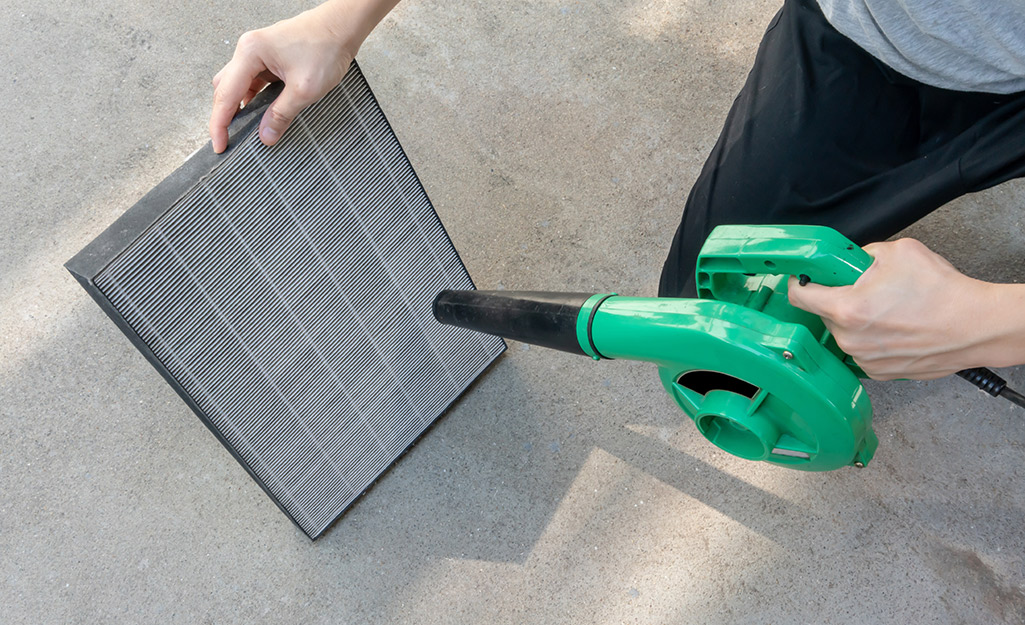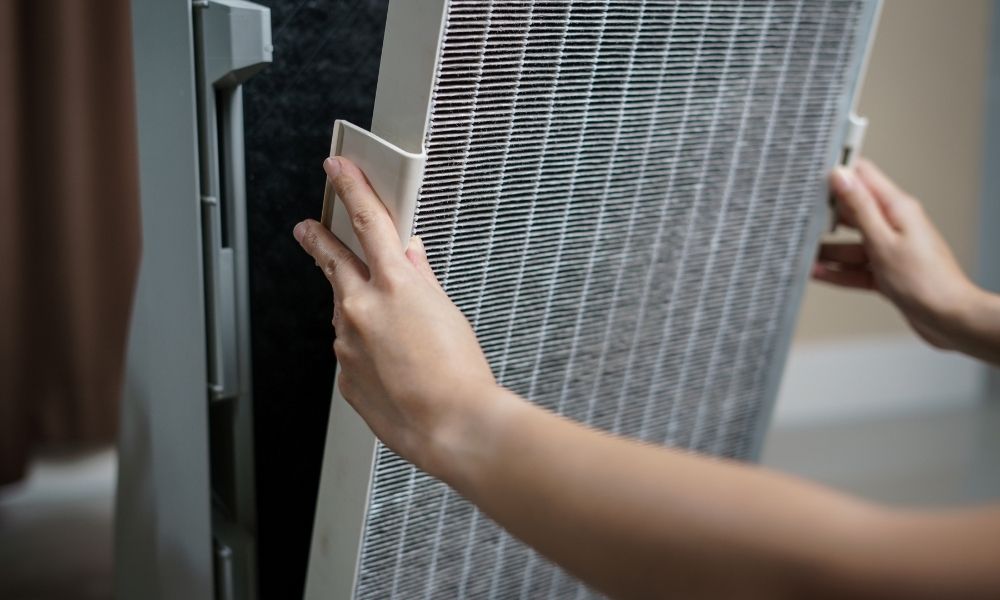Have you ever wondered how often to change HVAC filter? It’s an essential question for homeowners and businesses looking to maintain optimal air quality. With technology advancing, HVAC systems are more efficient than ever, but maintenance is still key.

Understanding the Importance of HVAC Filters
The role of an HVAC filter goes beyond filtering dirt and dust. It protects your HVAC system, ensuring longevity and efficiency. The tremendous benefits, including better air quality and energy savings, make regular filter changes a must.
Factors Affecting Filter Change Frequency
Type of HVAC System
The type of HVAC system in place can determine how often to change HVAC filter. Systems vary, and some might require more frequent changes based on design and usage.
Usage Patterns
HVAC usage patterns impact how often filters should be changed. Increased usage during extreme weather can necessitate more frequent changes to ensure the system runs smoothly.
Home Environment
Environmental factors like pets, location, and air quality contribute to how often to change HVAC filter. Homes with pets or in highly polluted areas may need more frequent filter changes.
External guide on filter replacement
Recommended Filter Change Frequency
In general, HVAC filters should be changed every 1 to 3 months. However, specific conditions may dictate a more tailored approach.
Standard Filters
Standard 1-3 inch filters often need replacement every 30 to 60 days, while higher quality options can last 3 to 6 months. Always check your system’s specifications.
High-Efficiency Filters
High-efficiency filters often have a longer lifespan. Typically, these filters should be changed every 6 to 12 months. Keep in mind the manufacturer’s guidelines.
Smart Filters and Technology
With technology playing a greater role, smart filters now provide real-time updates. These innovative filters alert you when it’s time for a change, offering added convenience.
Effects of Neglecting Filter Changes
Failing to change filters can lead to reduced system efficiency, higher energy costs, and poor air quality. Regular maintenance ensures these issues are avoided and keeps your home environment healthy.
The Role of Technology in HVAC Filter Maintenance
Technology has brought stunning advancements to HVAC filter maintenance. Smart systems monitor air quality, optimizing performance and ensuring timely filter changes.
Conclusion: Achieving Optimal Air Quality
Regularly changing your HVAC filter improves air quality and energy efficiency. Utilize the latest technology to stay on top of maintenance, ensuring your HVAC system performs at its best.

Frequently Asked Questions
Why is changing HVAC filters important?
Changing HVAC filters is vital to maintain system efficiency, improve air quality, and reduce energy costs. It prevents debris buildup, ensuring the system operates smoothly.
Can smart filters help with filter changes?
Yes, smart filters provide real-time information on when to change filters, integrating technology into your system’s maintenance.
What are signs that an HVAC filter needs changing?
Reduced air flow, increased energy bills, and dusty surfaces often indicate a needed filter change. Keep an eye on system performance to determine timing.






